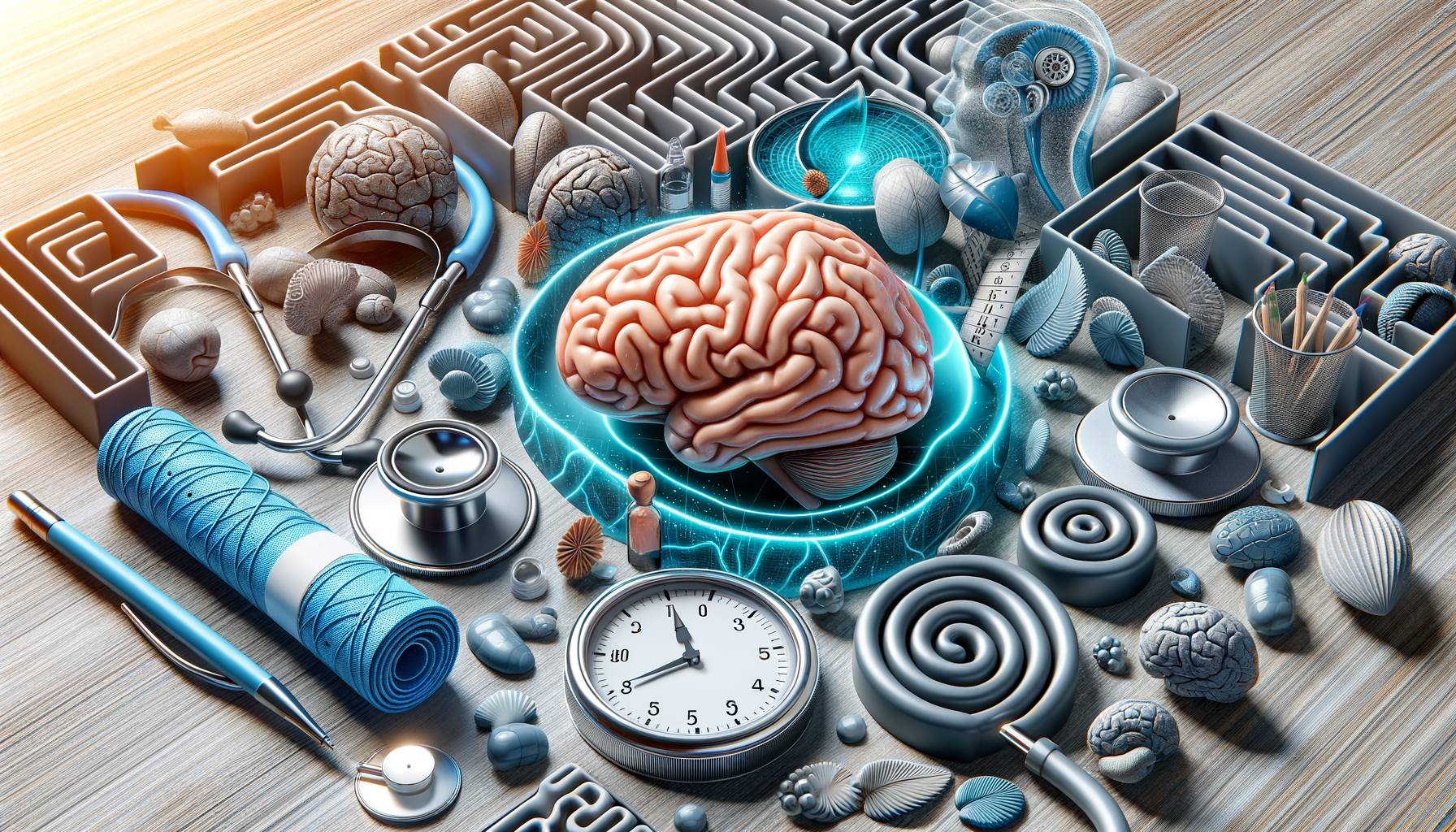
Understanding Alzheimer’s: Early Signs and Support Options
Introduction to Alzheimer’s Disease
Alzheimer’s disease is a progressive neurological disorder that affects millions of people worldwide. Understanding this condition is crucial as it not only impacts those diagnosed but also their families and caregivers. Alzheimer’s is the most common cause of dementia, characterized by a decline in cognitive function, memory loss, and changes in behavior. As the population ages, the prevalence of Alzheimer’s is expected to rise, making awareness and early detection more important than ever.
Early identification of symptoms can lead to timely interventions, potentially slowing the progression of the disease and improving quality of life. This article aims to explore the early signs of Alzheimer’s, the importance of early diagnosis, and the support options available for those affected.
Recognizing Early Signs of Alzheimer’s
Recognizing the early signs of Alzheimer’s can be challenging, as they often resemble typical age-related changes. However, there are specific symptoms that should raise concern. Memory loss is one of the most common signs, especially forgetting recently learned information. Other early indicators include difficulty in planning or solving problems, confusion with time or place, and trouble understanding visual images and spatial relationships.
These symptoms can affect daily life, making tasks that were once routine seem daunting. For instance, individuals might struggle with managing finances or following a familiar recipe. It’s important to note that these signs can vary in severity and progression, but noticing them early can lead to a proactive approach in managing the disease.
Seeking professional evaluation when these symptoms are observed is crucial. Healthcare providers can use various screening tools to assess cognitive function and determine if further investigation is warranted. Early diagnosis not only helps in planning for the future but also opens doors to treatment options that may help manage symptoms.
The Importance of Early Diagnosis
Early diagnosis of Alzheimer’s can significantly impact the management of the disease. It allows individuals and their families to plan for the future, make informed decisions about care, and access support services. Moreover, early intervention can provide opportunities to participate in clinical trials, contributing to research and potentially benefiting from new treatments.
Several diagnostic tools are available to aid in the early detection of Alzheimer’s. These include cognitive tests, neurological exams, and brain imaging techniques. While there is no single test to diagnose Alzheimer’s, a combination of assessments can provide a comprehensive understanding of an individual’s cognitive health.
Timely diagnosis also facilitates discussions about lifestyle changes that may help manage symptoms. Engaging in regular physical activity, maintaining a healthy diet, and participating in cognitive exercises can contribute to overall brain health. Early diagnosis empowers individuals to take control of their health and make choices that can positively influence their quality of life.
Support Options for Alzheimer’s Patients and Caregivers
Support for individuals with Alzheimer’s and their caregivers is crucial in managing the disease. Various resources are available to provide assistance, ranging from medical care to emotional support. Healthcare professionals can guide treatment plans, which may include medications to manage symptoms and therapies to enhance cognitive function.
For caregivers, support groups offer a platform to share experiences, gain insights, and receive encouragement from others facing similar challenges. These groups can be found in community centers, hospitals, or online, providing flexible options for participation. Additionally, respite care services offer temporary relief for caregivers, allowing them to rest and recharge.
Educational resources are also vital in understanding the disease and learning effective caregiving strategies. Workshops, seminars, and online courses can equip caregivers with skills to manage daily tasks and cope with behavioral changes in their loved ones. Access to these resources can alleviate stress and improve the caregiving experience.
Conclusion: Navigating Alzheimer’s with Knowledge and Compassion
Understanding Alzheimer’s disease and recognizing its early signs are essential steps in managing its impact. Early diagnosis and access to support can significantly improve the quality of life for those affected and their families. By staying informed and seeking help, individuals can navigate the challenges of Alzheimer’s with knowledge and compassion.
As research continues to advance, there is hope for more effective treatments and possibly a cure. Until then, awareness and support remain key in addressing the needs of those living with Alzheimer’s. By fostering a supportive community, we can help ensure that no one faces this journey alone.


